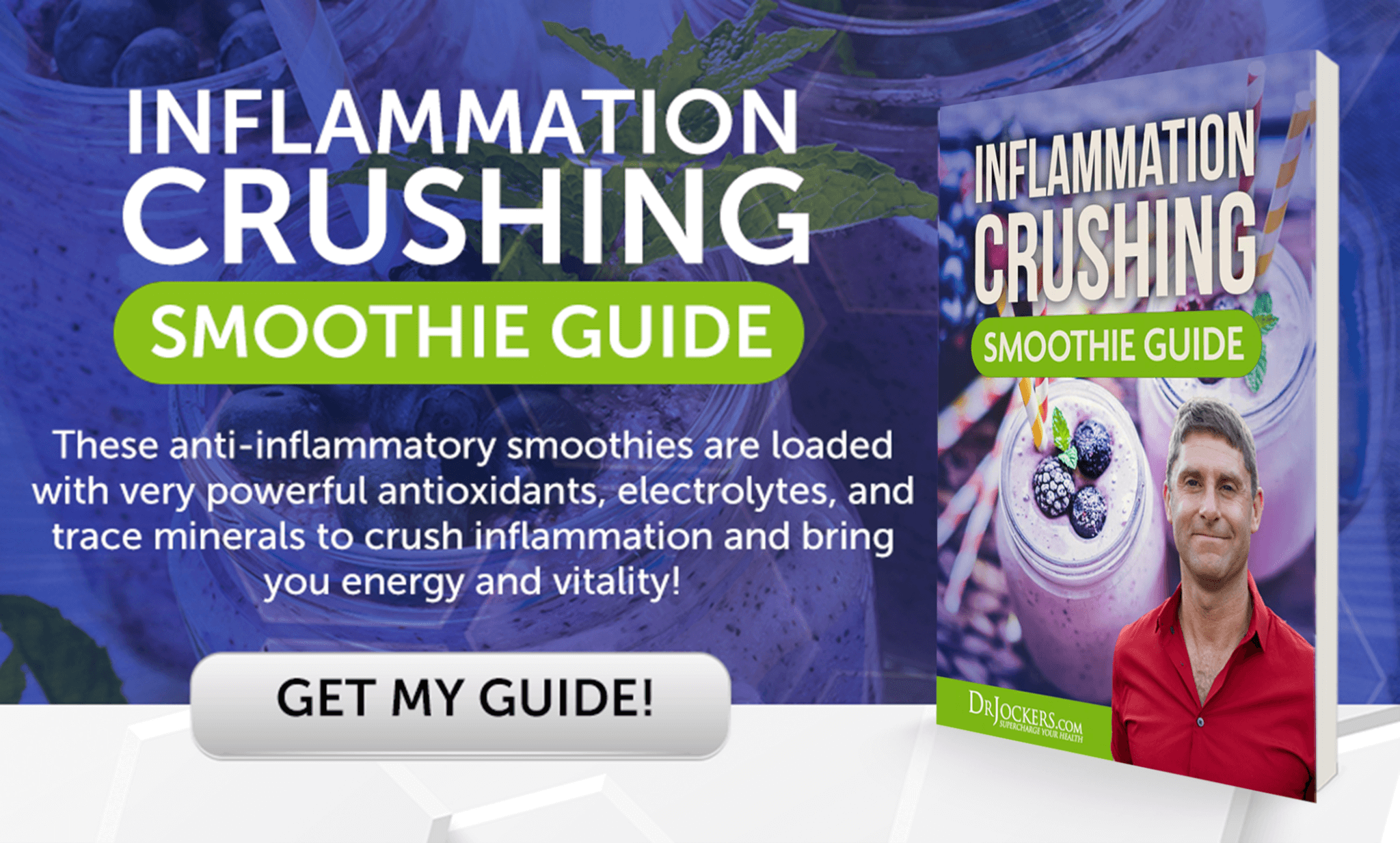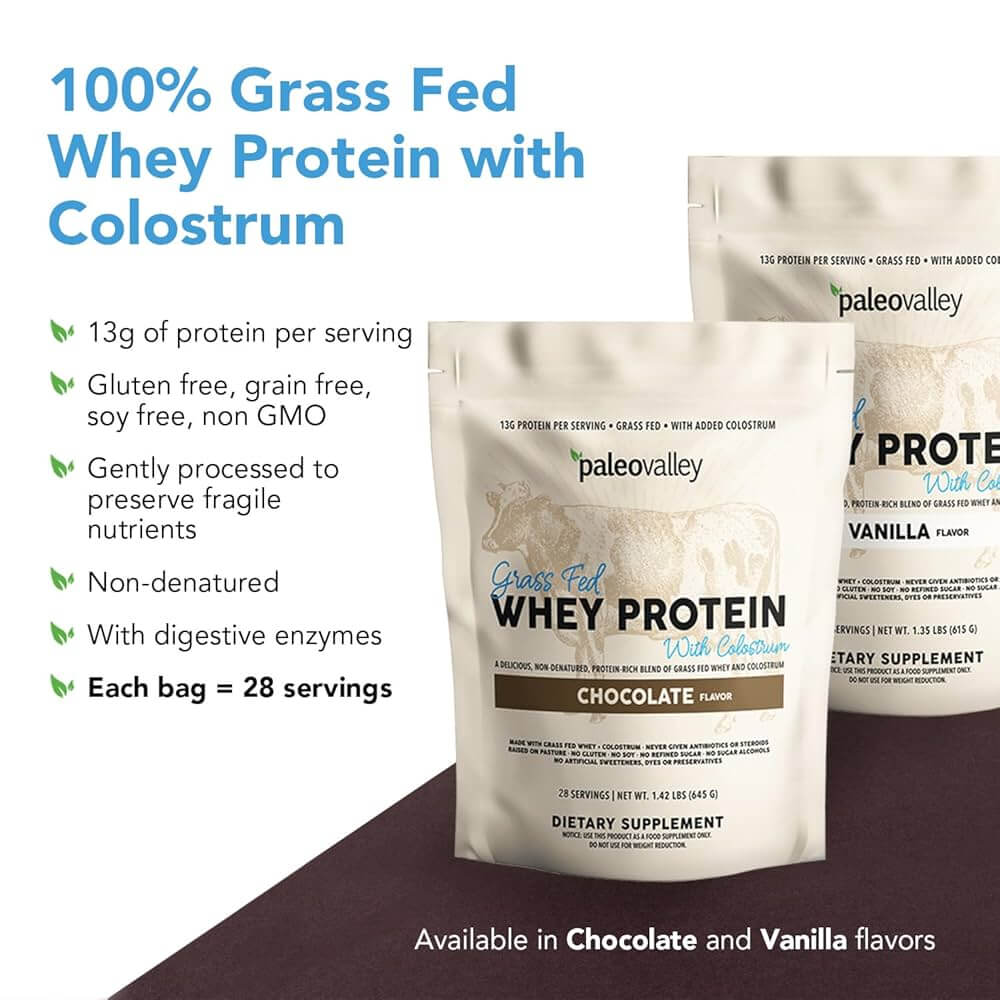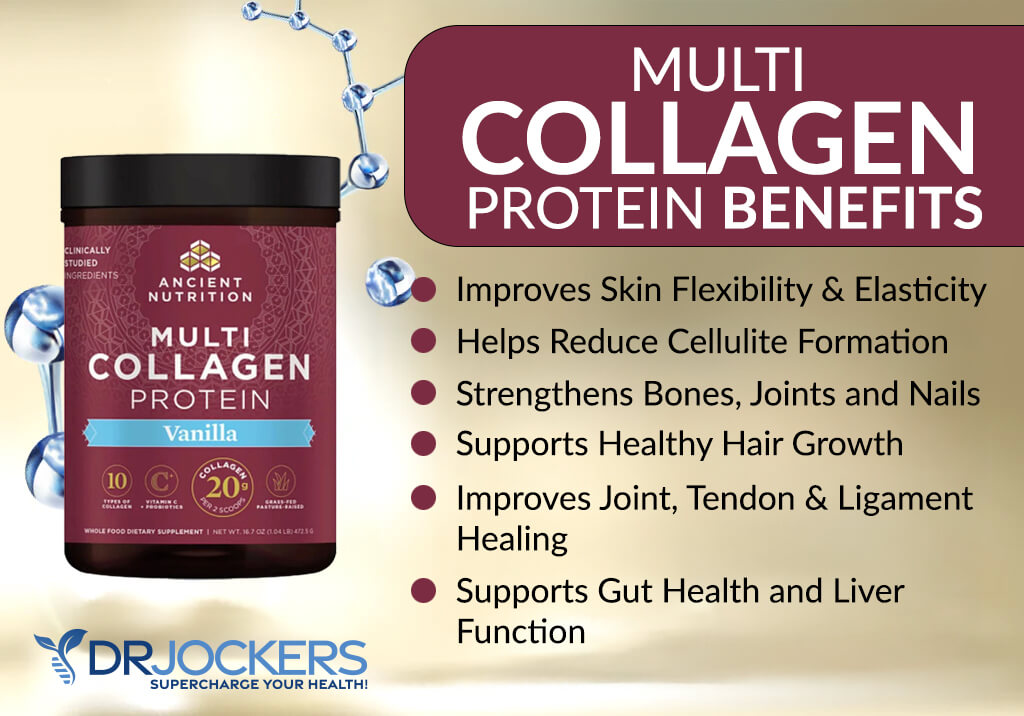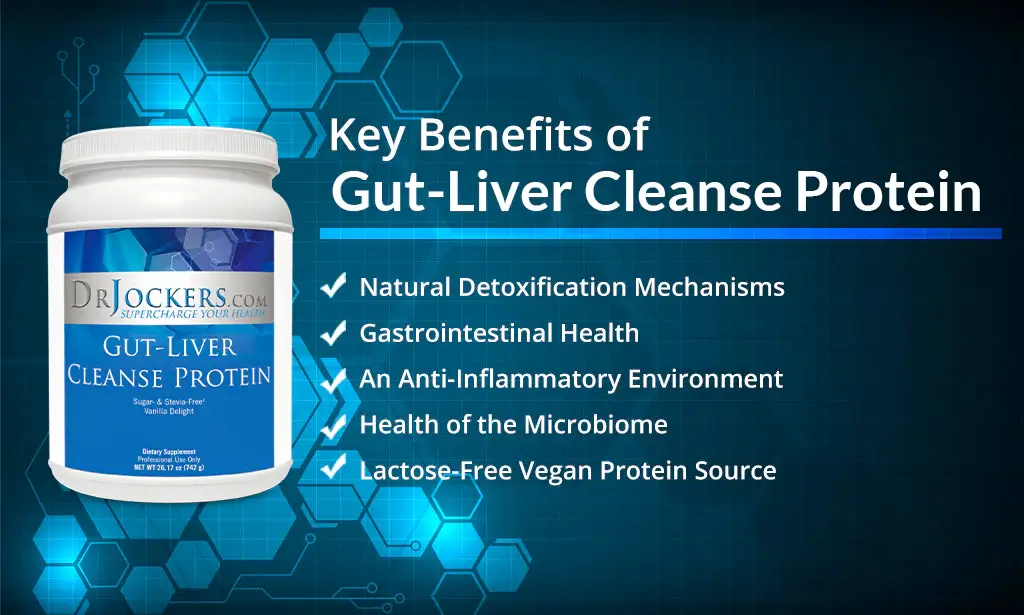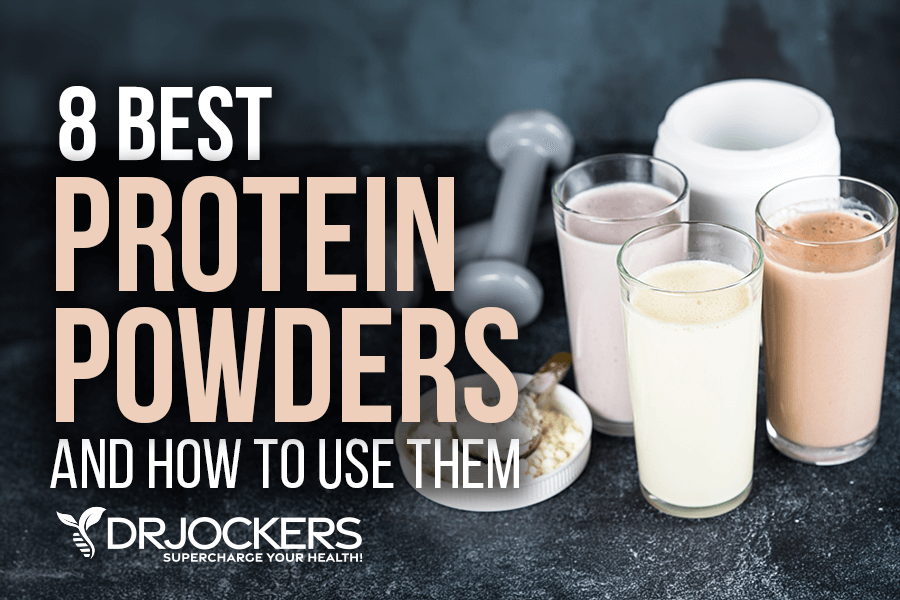 8 Best Protein Powders and How to Properly Use Them
8 Best Protein Powders and How to Properly Use Them
Protein is the necessary building block of human health. Protein is important for muscle health and muscle recovery, fat burning, improving lean body tissue, stabilizing blood sugar levels, reducing cravings, supporting satiety, and many other areas of your health.
You can meet your protein needs by eating enough high-quality meat, poultry, fish, seafood, eggs, and dairy. Some plant foods, including nuts, seeds, and legumes also contain a good amount of protein. However, adding protein powders to your diet can help you meet your protein needs.
In this article, I will explain what protein powders are. You will learn about the benefits of protein shakes and liquid nutrition. I will go over the common types of protein powders. You will learn what protein powders to avoid. I will go over the best protein powders to use. I will share my best tips for consuming protein powders. I will also share my favorite products if you are looking to use protein powders for better health.
The Importance of Protein
Protein is a critical part of any healthy diet. It is beneficial for building muscle, fat burning, weight loss, controlling cravings, blood sugar balance, energy, athletic performance, and more. A 2015 systematic review published in Sports Medicine has found that protein is important for supporting muscle mass, anaerobic power, and strength (1).
According to a 2012 study published in Nutrition Metabolism (London), protein may help to reduce body fat, improve body composition, and improve weight loss (2). According to a 2020 study published in the Journal of Obesity and Metabolic Syndrome, a high-protein plan may support thermogenesis, decrease orexigenic hormones, lower anorexigenic hormone levels, improve satiety signaling, reduce cravings, lower food intake, and support weight loss (3).
According to a 2018 study published in Frontiers in Nutrition, supplementing with protein long-term may help to improve recovery and support performance in endurance sports (4). According to a 2003 study published in the American Journal of Clinical Nutrition, an increased protein intake may support blood sugar balance in type 2 diabetes (5).

What are Protein Powders?
Protein powders are a commonly used dietary supplement to improve one’s protein intake. It is a particularly great option if you are looking to gain muscle and maximize fat burning. It is a great dietary support after your workouts.
Additionally, protein powders are a great option for those who have trouble meeting all their protein needs through food alone, including vegans, vegetarians, older individuals, picky eaters, and those with certain health issues. Protein powders are also a great option for those who are using liquid nutrition for a meal or during a liquid cleanse.
There is a large variety of protein powders on the market, including ones from animal and plant sources. Some of the most popular protein powders include whey, casein, bone broth, collagen, hemp, and pea protein. Later in this article, I will go over the best protein powder options I recommend.
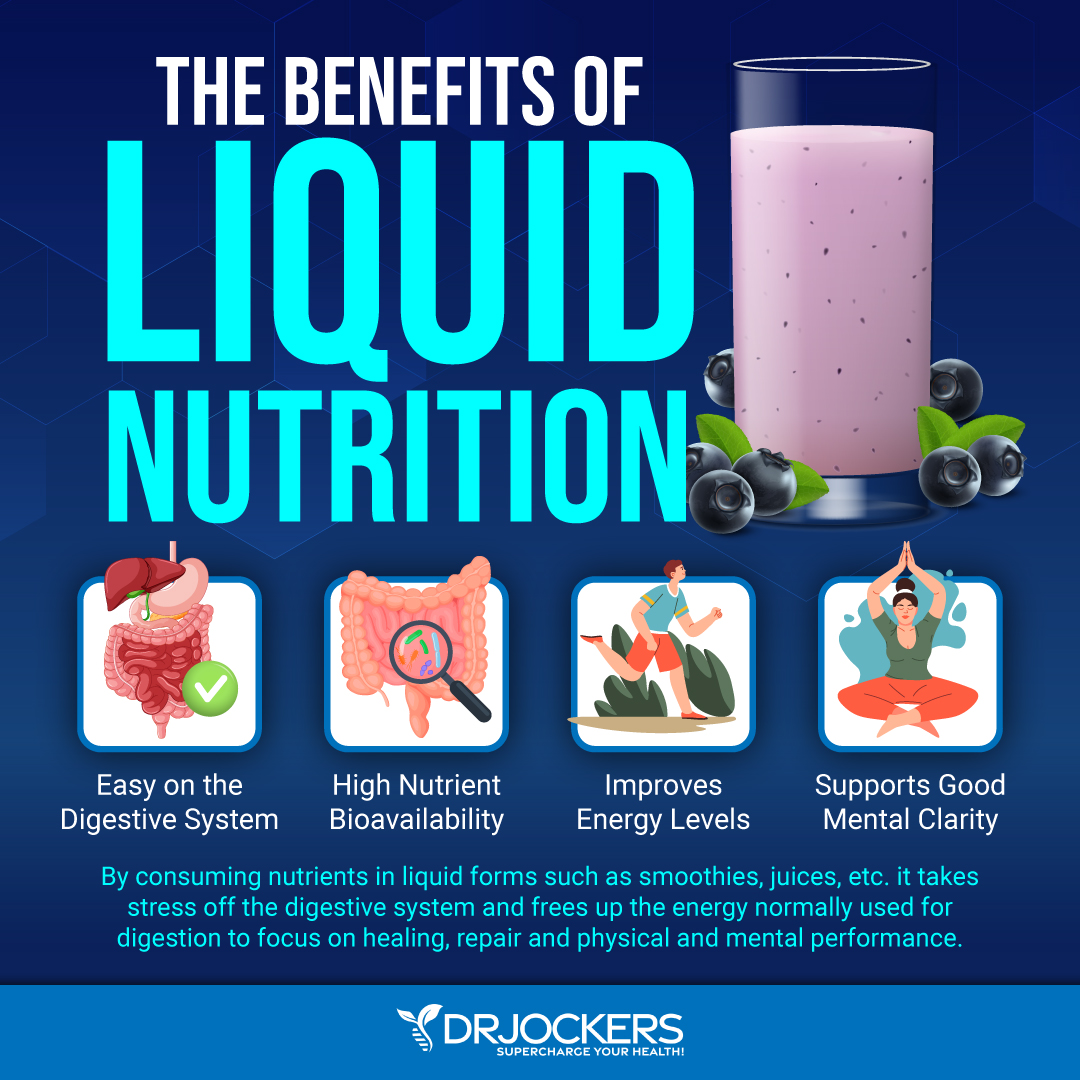
Benefits of Protein Shakes and Liquid Nutrition
Drinking protein shakes and using liquid nutrition have several potential health benefits. Let’s look at them one by one.
Easy on the Digestive System
One of the primary benefits of protein shakes and liquid nutrition is that they are easy on your digestive system. Some whole foods can be hard on your stomach and require significant effort from your digestive system to break down.
Protein shakes and liquid nutrition are gentler on your digestive system. They don’t require chewing and need less breakdown. They can be easily absorbed and can be great for you if you have digestive issues or a sensitive stomach or need nutrients quickly.
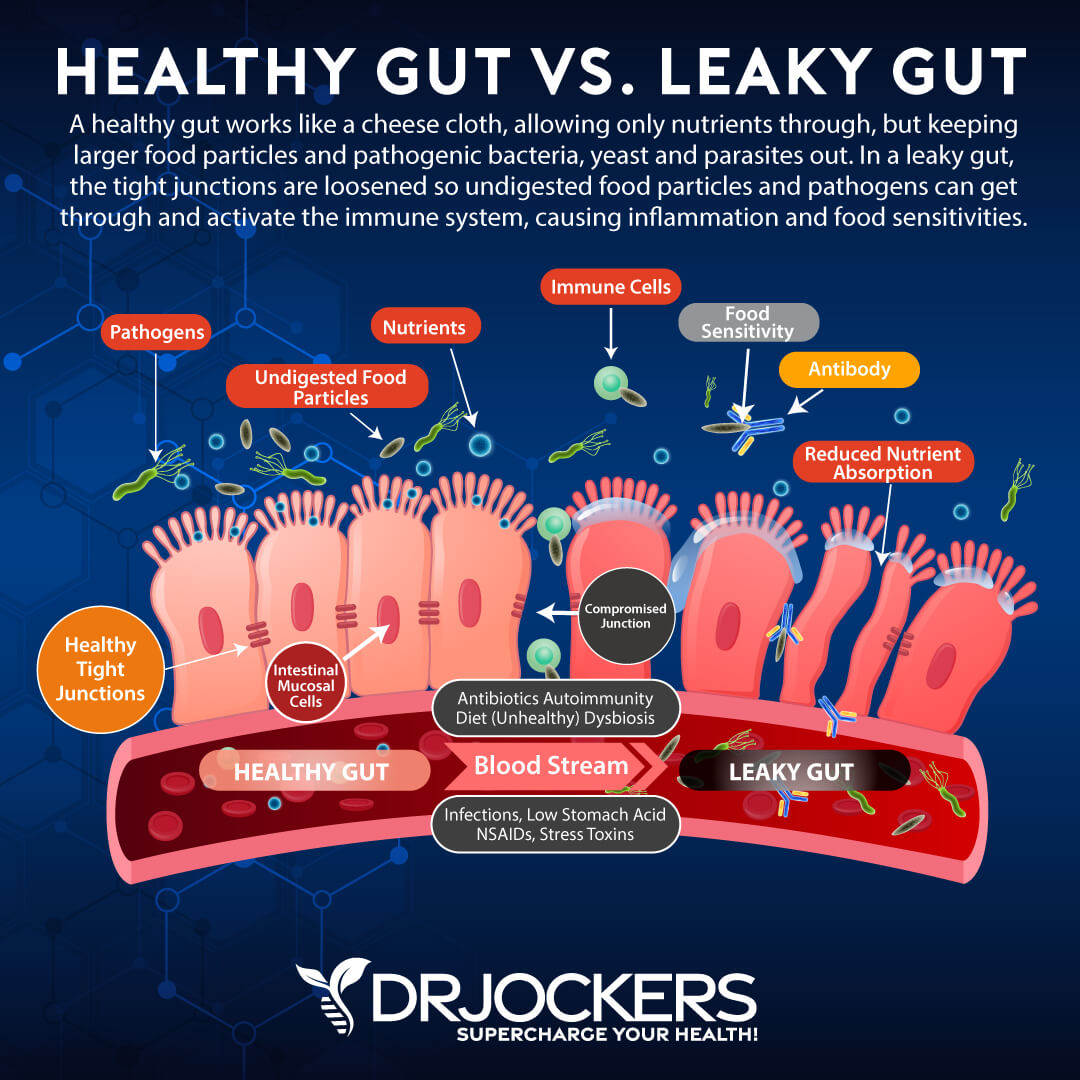
High Nutrient Bioavailability
Protein shakes and liquid nutrition are not only high in nutrients, but these nutrients are highly bioavailable. This means they can be absorbed easily, and your body can use them quickly. This can be important if you need quick energy or need to improve your nutrient levels.
Of course, it’s important that you choose a protein shake or other liquid nutrition that is loaded with essential vitamins, minerals, and other nutrients, not just protein. High bioavailability ensures that you get the maximum benefit from your protein shake.
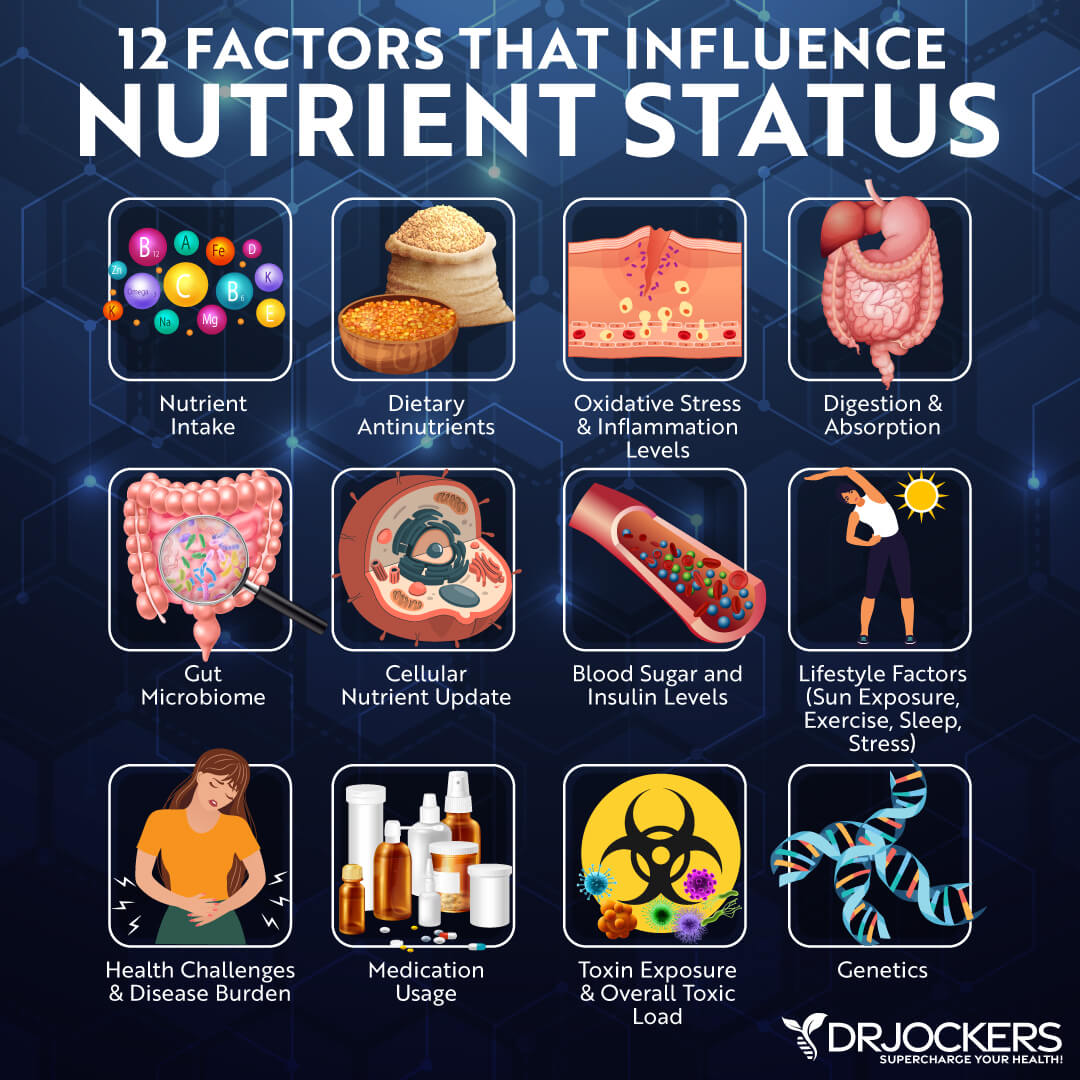
Improves Energy Levels
Another major benefit of protein shakes is improving your energy levels significantly. Protein is a critical micronutrient necessary for maintaining and repairing tissues, muscle health and growth, blood sugar stability, metabolic processes, and energy.
Getting adequate protein throughout the day is critical for sustaining energy all day long. Protein shakes are a great option as a pre- and post-workout boost, but are also a great option to keep you energized on busy days.
Supports Good Mental Clarity
Brain and mental health are not the first things we think of when talking about protein shakes, yet protein is critical for mental well-being. Protein shakes and liquid nutrition can support your mental clarity. Protein is essential for the production of neurotransmitters, which are chemicals that facilitate communication between brain cells.
As a result, protein shakes can support mental clarity, focus, cognition, and memory. According to a 2024 study published in the Journal of Dairy Science, protein at breakfast can improve cognitive concentration (6). Thus, it’s not only a good idea to sustain physical health and energy, but also for mental energy and mental performance as well.
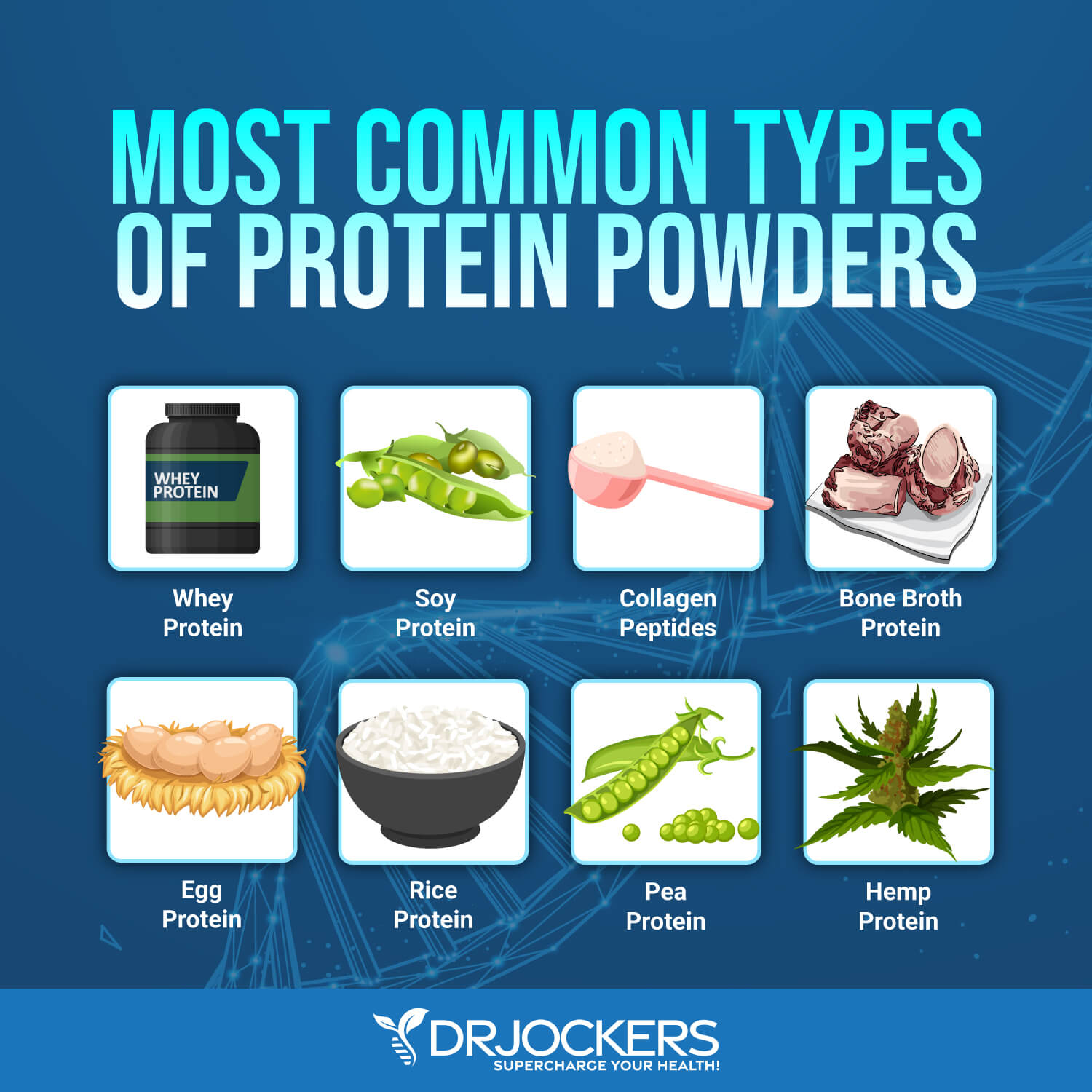
Common Types of Protein Powders
There are a variety of protein powders to choose from, depending on your needs. Here are the most common types of protein powders:
- Whey
- Casein
- Soy
- Collagen
- Bone broth
- Egg
- Rice
- Pea
- Hemp
- Mixed plant protein
There are also different types of protein powders based on how they are processed, including:
- Protein concentrates: This type is created by extracting protein from whole foods, which means that about 60 to 80 percent of the calories of the product will come from protein, the rest will be fats and carbs.
- Protein isolates: This form is made similarly to protein concentrates; however, fats and carbohydrates get removed, resulting in a product with 90 to 95 percent protein.
- Protein hydrolysates: This form is made by breaking down the bond between amino acids, which creates a highly absorbable form of protein powder.
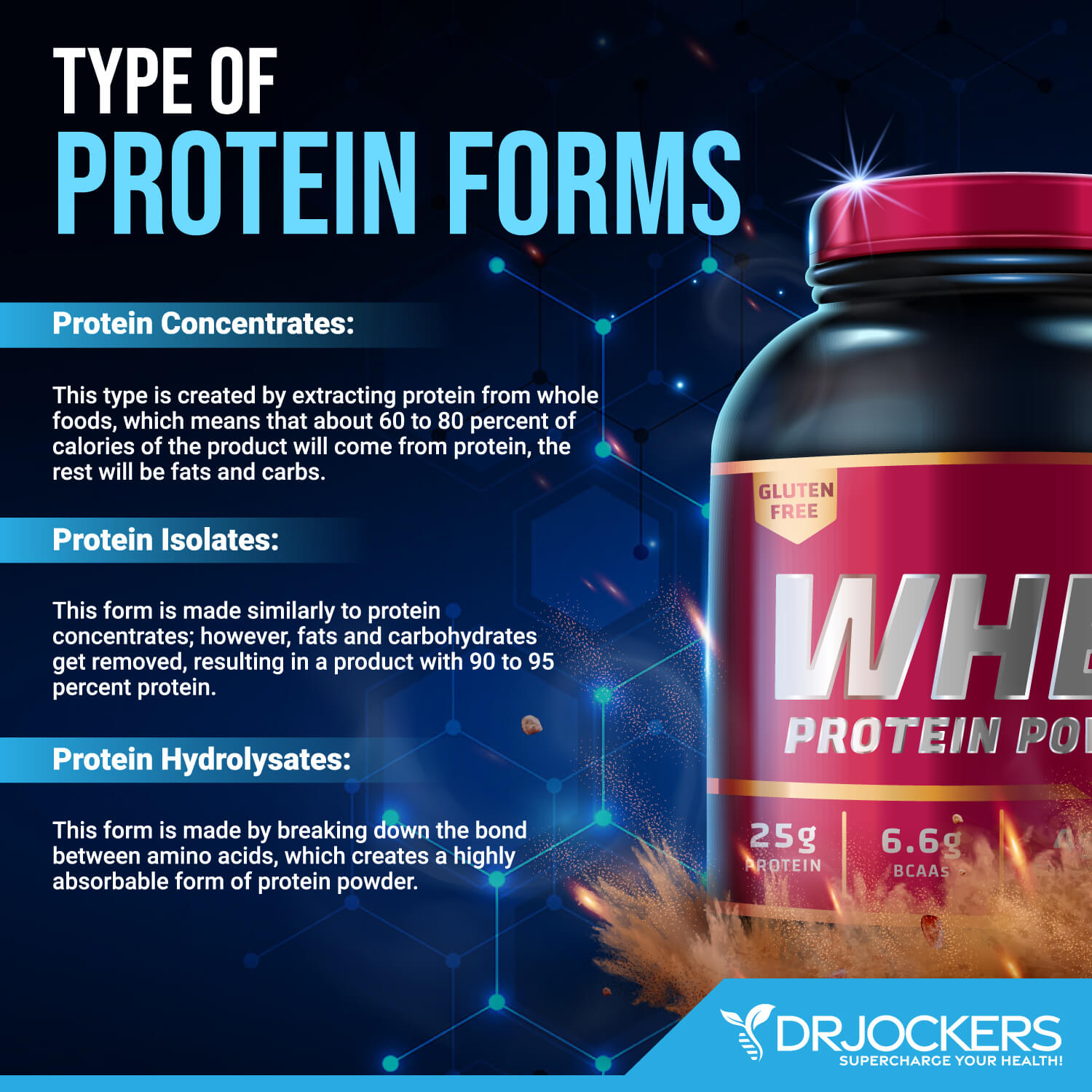
What Protein Powders to Avoid
When choosing a protein powder, I recommend that you select wisely. Choose a highly trusted brand. Organic is always the best. Avoid any protein powders with artificial sweeteners or products loaded with sugar, artificial ingredients, or additives.
I generally don’t recommend soy. For men, I never recommend it. For women, soy protein can be beneficial in some cases. However, it’s important that you avoid any conventional soy as it can be high in pesticides. Always choose organic when using soy protein powder.
Finally, pay attention to your food sensitivities and food allergies. For example, if you have a problem with casein or dairy, whey may not be a good option. Some experience digestive issues using rice proteins, and others do great. Listen to your body.
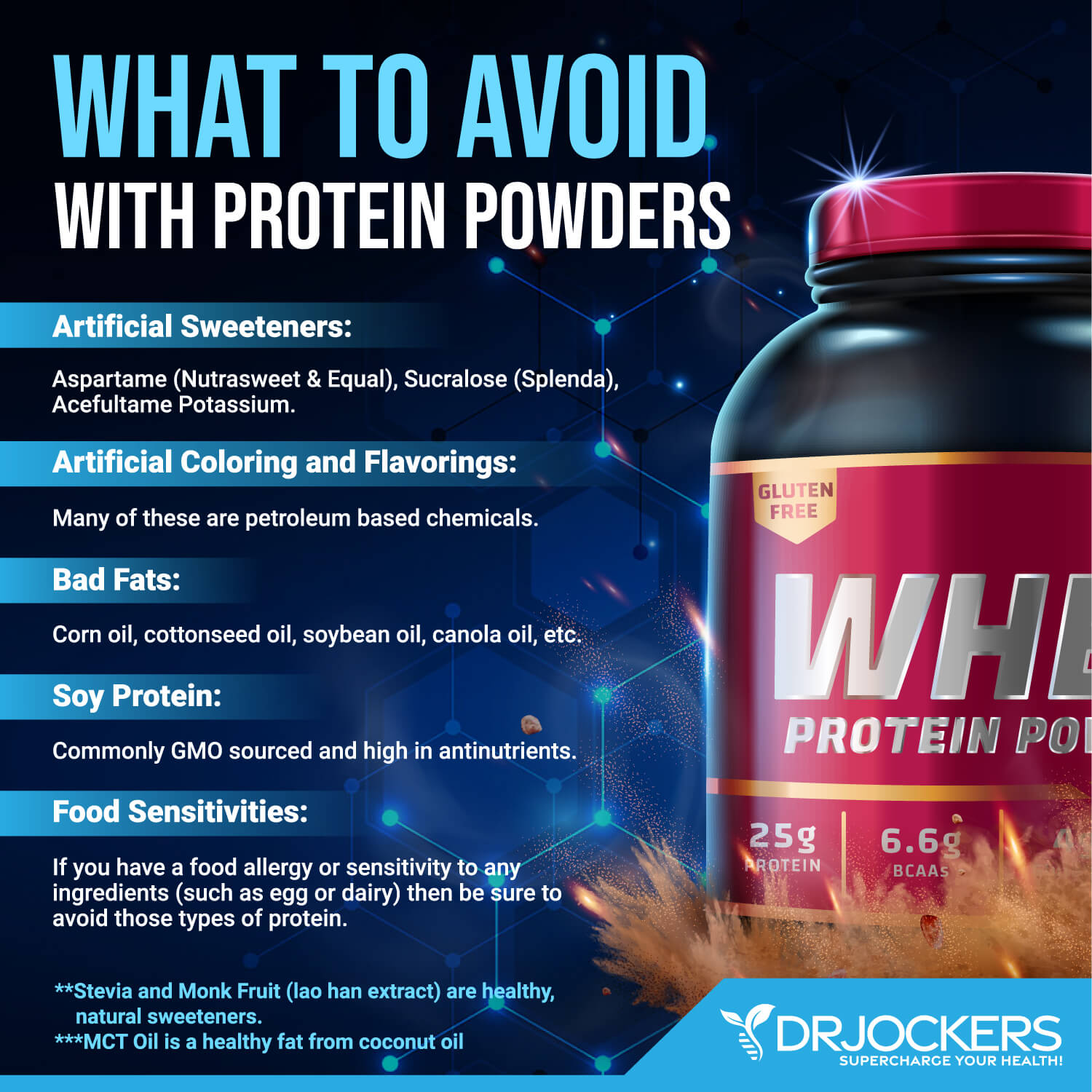
Best Protein Powders to Use
There are many different types of protein powders out there. What works best for you depends on your goals and current health challenges.
You can rely on one type or use a combination of several types throughout the week, depending on your goals and needs. Here are the best protein powder types to choose from:
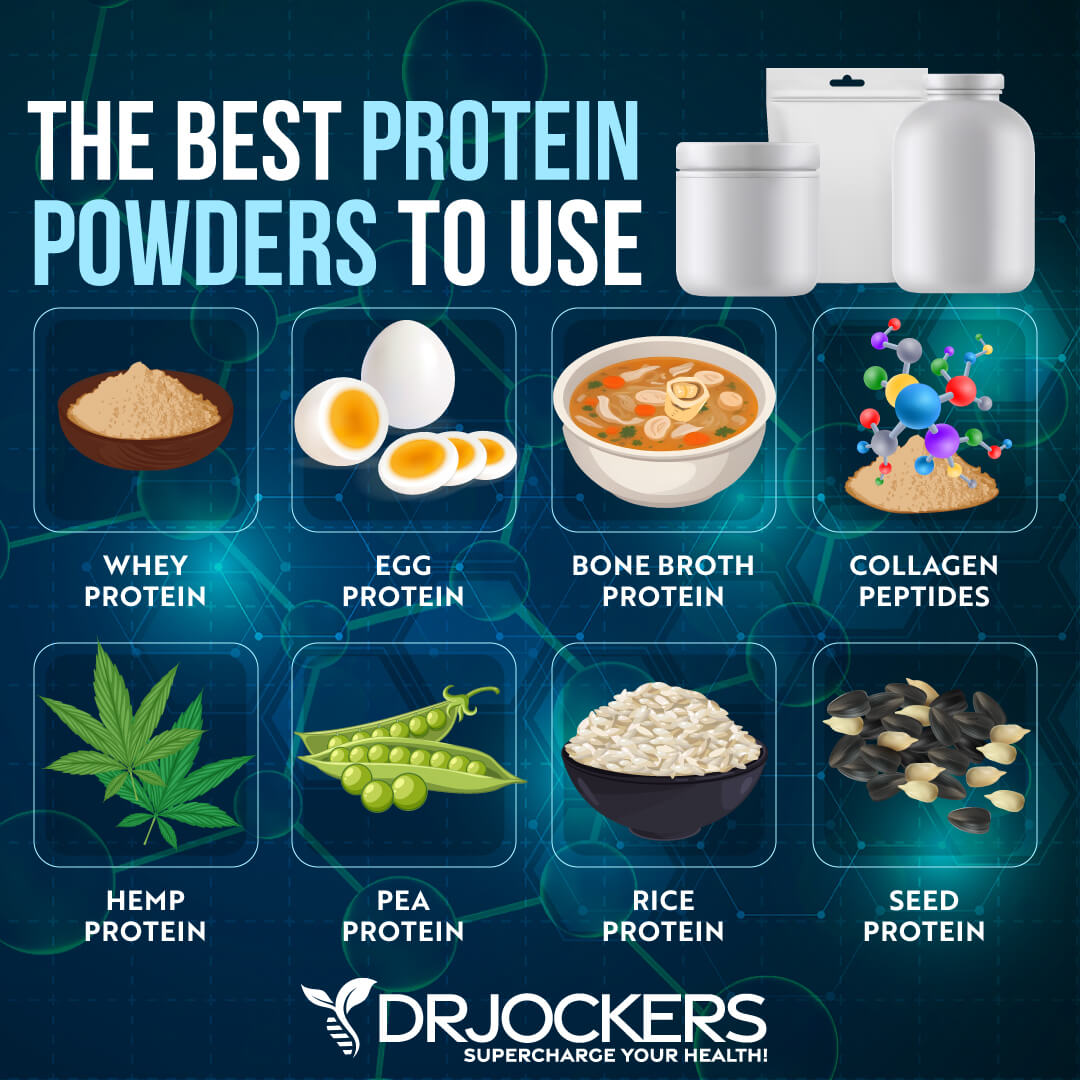
Whey Protein
Whey protein is the best option if your goal is muscle protein synthesis. Whey protein is a complete protein that includes all essential amino acids. The nine amino acids you need to get from food include histidine, isoleucine, leucine, lysine, methionine, phenylalanine, threonine, tryptophan, and valine (7).
It is also high in branch-chain amino acids (BCAAs), especially leucine. Branched-chain amino acids (BCAAs) are also amino acids that you have to get through diet, as your body cannot make them. BCAAs include leucine, isoleucine, and valine (8).
Whey protein is actually the highest in leucine content, which is great for muscle building. It’s a great source of cysteine, which helps to make glutathione. It’s great for muscle growth, fat burning, improving body composition, and appetite control. According to a 2017 study, whey protein is also great for performance recovery post-exercise (9).
The only issue with whey protein is that it contains lactose, which is a type of sugar found in milk. If you have trouble digesting lactose or lactose intolerance, whey protein isolate may work better for you as it is much lower in lactose.
Otherwise, you may need to pick a lactose-free protein powder option. If you are using whey protein, I recommend that you get organic grass-fed whey protein, such as New Zealand grass-fed whey protein.
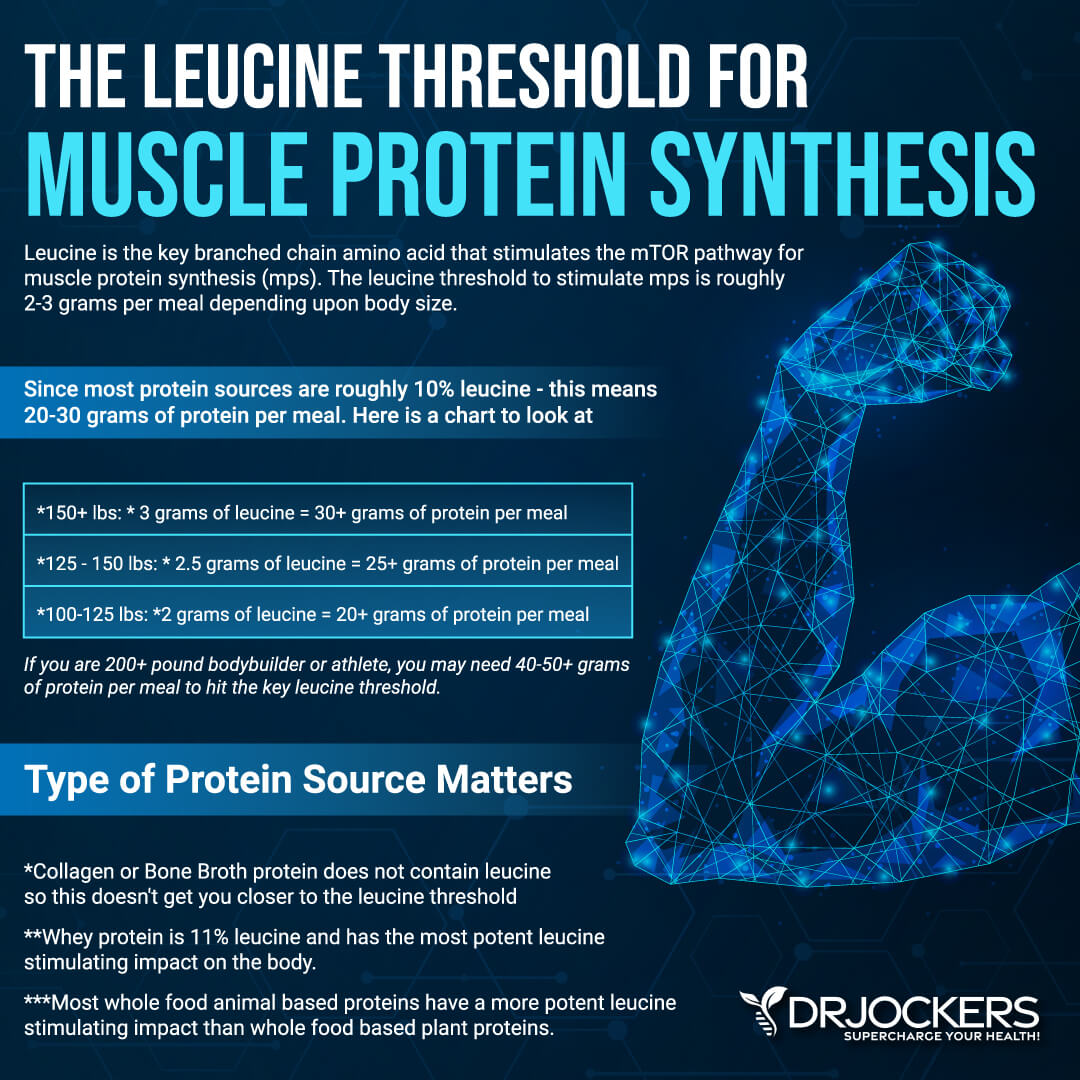
Egg Protein
Egg protein powder is another versatile and nutritious protein powder. Some egg protein powders are made from whole eggs, others from dried egg whites. They are a complete protein with all essential amino acids. Egg protein powder is fantastic for muscle building.
They are highly bioavailable and great for your digestion and absorption. According to a 2022 article published in Nutrients, egg protein may be protective of your muscles and reduce the risk of sarcopenia (10). It is a fantastic option for those with lactose intolerance or dairy sensitivities, however, it’s not right if you have an egg allergy.
Bone Broth Protein
Bone broth protein and collagen protein are not designed for muscle building. However, they are rich in glycine, proline, and hydroxyproline, which are compounds that are critical for gut health and intestinal integrity.
It is beneficial for reducing and improving leaky gut and other gut health issues. According to a 2021 study published in Medicine (Kaunas), bone broth may offer anti-inflammatory effects in ulcerative colitis (11).
It is also great for joint health and your nails, skin, and hair. I recommend using both collagen-rich collagen or bone broth protein powder for joint and connective tissue health, and other types of protein powder for muscle health. Bone broth protein can be great for balancing out amino acids we may not be getting enough from your diet.
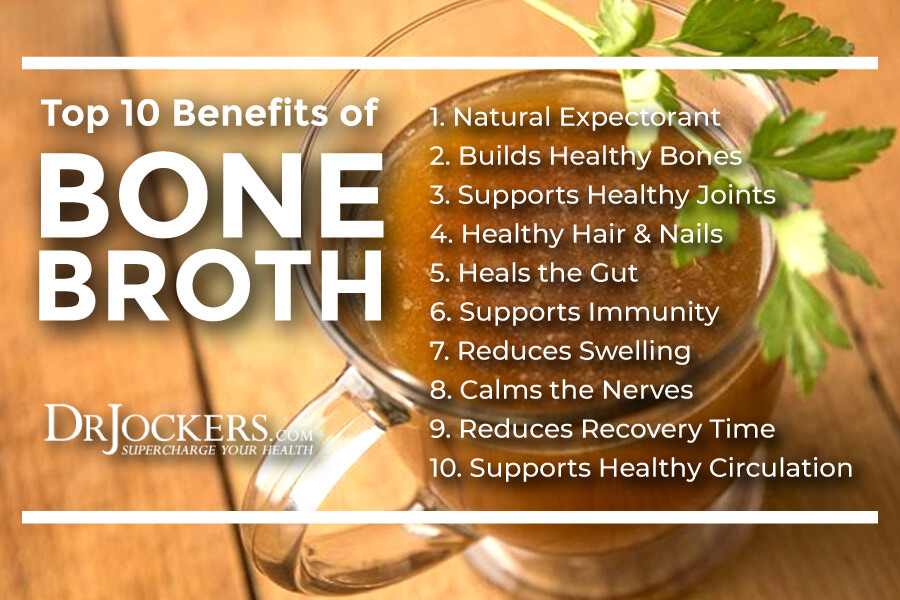
Collagen Peptides
Collagen is one of the most abundant proteins that can support your body’s collagen production, joint, ligament, connective tissue, nail, and hair health. As I mentioned in the bone broth protein section, collagen protein peptides are a great option for balancing out your amino acid needs and supporting your digestive health and joint health.
According to a 2023 study published in Nutrients, collagen is beneficial for joint health (12). It is also great for your nails, skin, and hair.
It is a great option if you are also using whey or egg proteins and eating a balanced diet with all amino acids. However, you cannot rely on collagen peptides alone for protein as they don’t support muscle health.
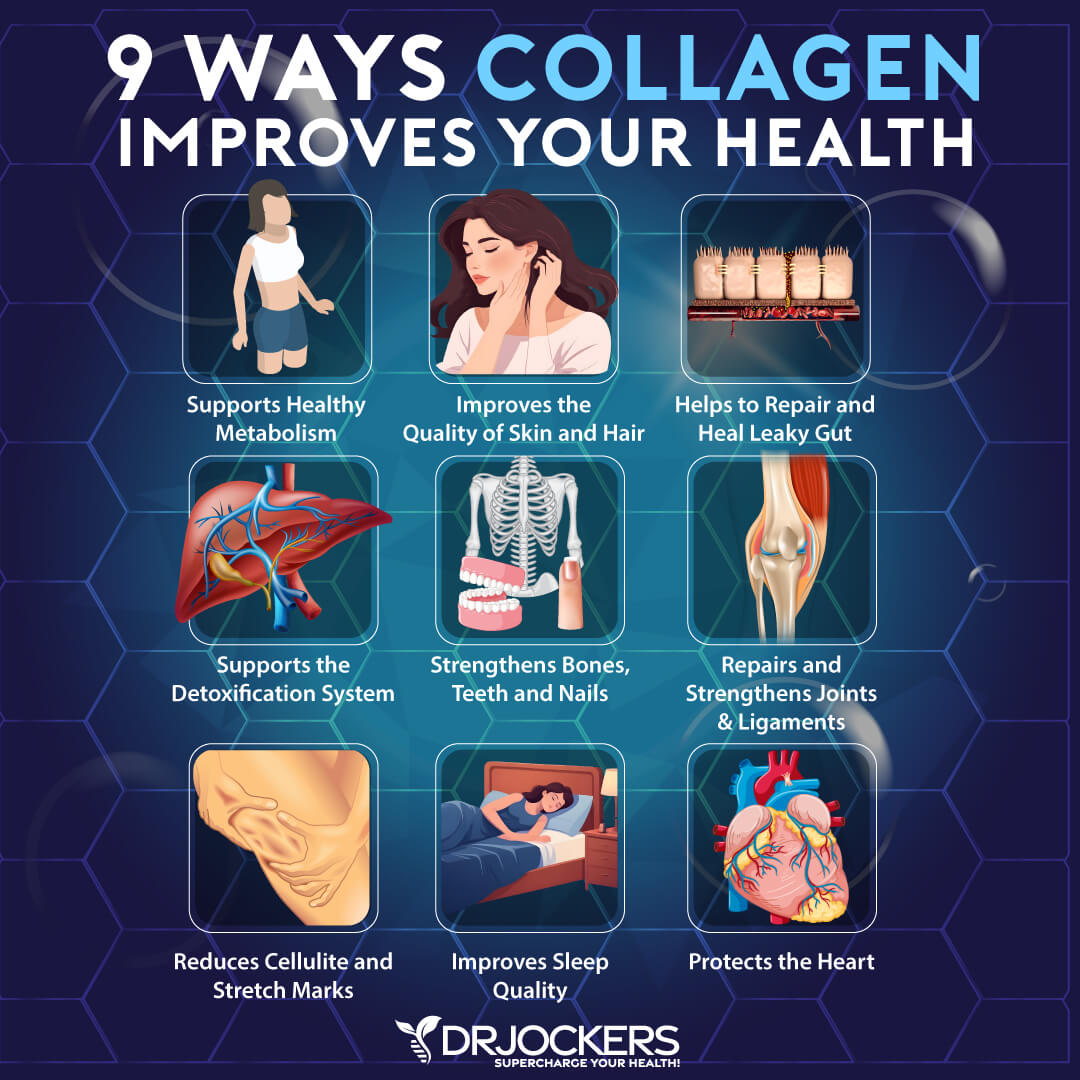
Hemp Protein
Most people do incredibly well just using a combination of whey protein and a collagen or bone broth protein. However, if you want to add some or rely on plant-based proteins, there are some options.
Hemp protein is a great one. It is loaded with protein and other nutrients. It’s easy to digest. It’s a great source of healthy fats and fiber. According to 2022 research published in Molecules, it’s also loaded with antioxidants (13).
Pea Protein
Pea protein powder is a newer type of plant-based protein powder, but it’s increasingly popular. It’s made from yellow split peas and offers great nutritional benefits. According to a 2019 study published in Sports (Basel), pea protein has similar benefits on exercise performance, body composition, and strength to whey protein (14).
It may be great for muscle growth, reducing blood pressure, decreasing hunger, and simply offering a plant-based option.
Rice Protein
Rice protein powder, specifically brown rice protein powder, is another great plant-based protein powder option. It is high in protein, fiber, iron, calcium, and vitamin C.
It is a good option for regulating your blood sugar, supporting healthy cholesterol levels, aiding weight loss, and supporting muscle building. According to a 2013 study published in Nutrition Journal, rice protein seems to be a great protein to support body composition and recovery (15).
Seed Protein
Besides hemp (seed) protein, there are other seed protein options out there for protein powders, including flax seeds, chia seeds, and pumpkin seeds. These plant-based seed protein powders are loaded with fiber, nutrients, and protein. They are great for good digestion and muscle growth.
According to a 2020 article published in Nutrients, plant protein powders, including seed protein powder, offer great nutrient benefits; however, these are different from the ones in animal protein powder, and one should understand and consider these benefits (16).
Using plant-based protein powders, including seed protein, can be a great addition to a balanced diet with lots of clean, animal protein from whole foods. If you are looking for a plant-based protein powder option, I recommend trying a few types until you find what works best for you.
Best Tips for Consuming Protein Powders
Using protein powders in your diet is a fantastic way to improve your protein intake, support muscle growth and recovery, improve your nutrition, support mental clarity, and boost your energy.
Choosing the right protein powders is critical, though, so is choosing healthy ways to prepare them. I want to get into my tips on consuming protein powders.
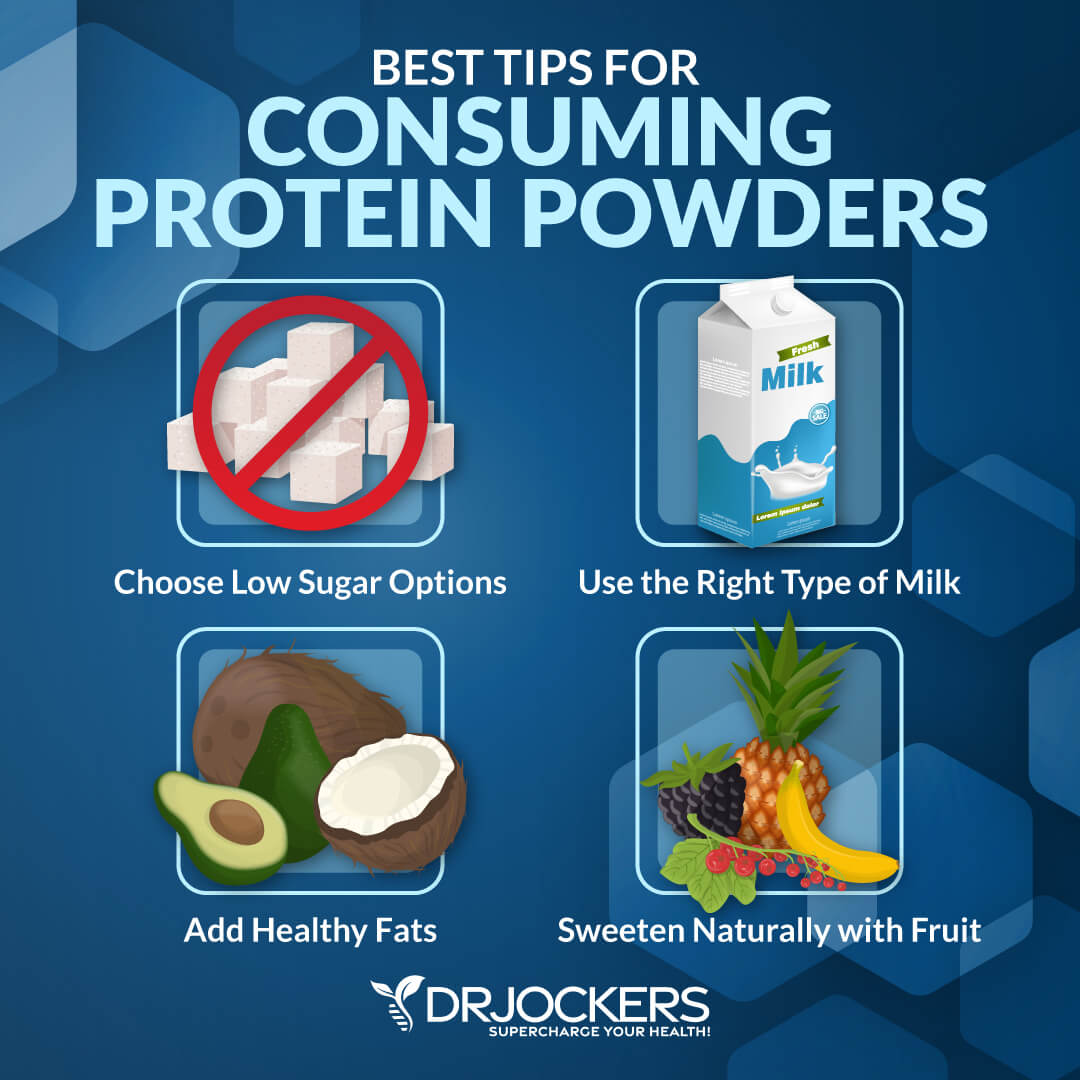
Choose Low-Sugar Options
I recommend that you choose a natural, organic protein powder that’s low in sugar. Excess sugar and refined sugar can not only add unwanted calories but also feed chronic inflammation and trigger health issues.
Choose a protein powder that’s naturally flavored with monk fruit or stevia. These options add sweetness without creating havoc on your blood sugar, increasing inflammation, or adding empty calories.
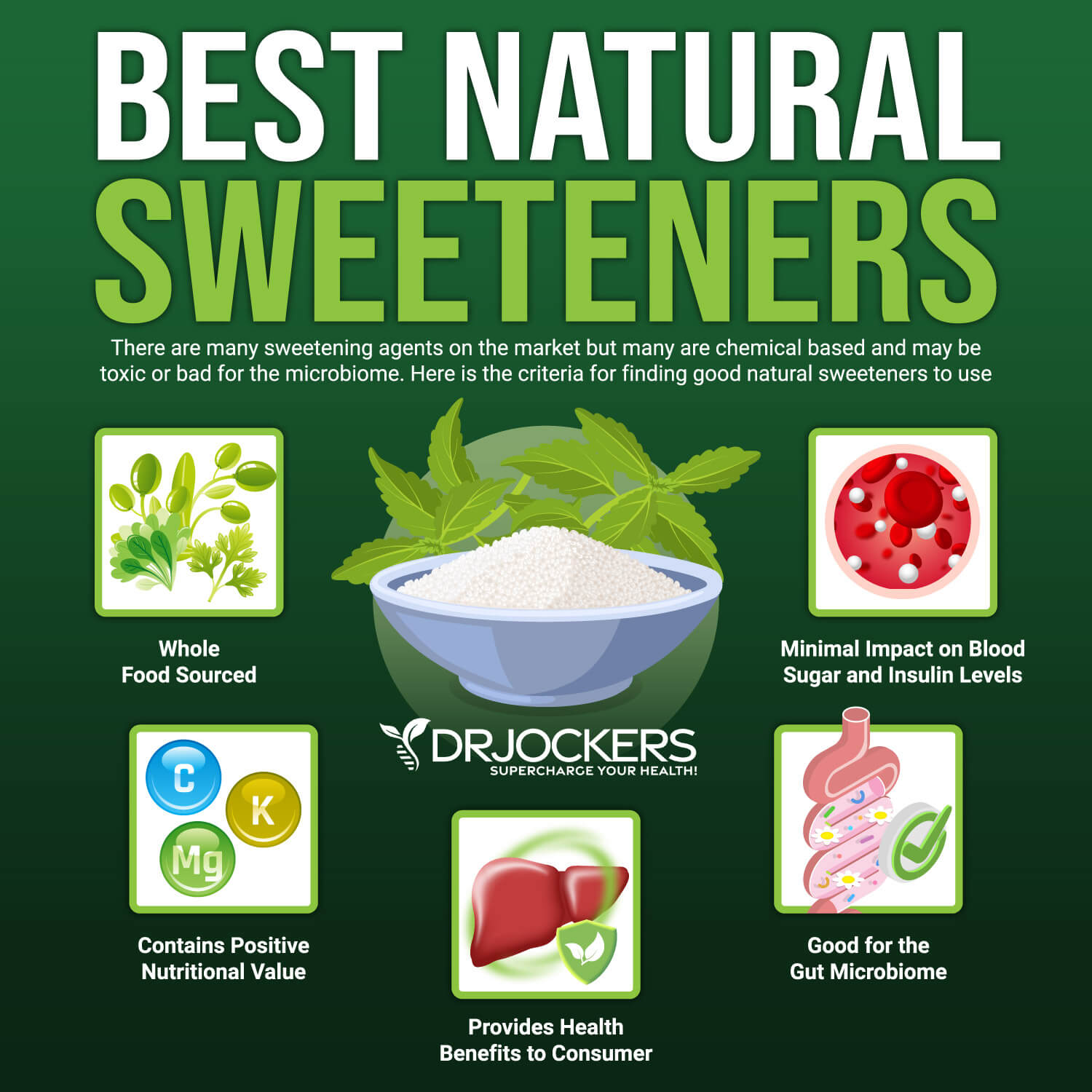
Use the Right Milk
Conventional milk can be inflammatory and hard on your body. I recommend using better milk options instead.
Grass-fed whole milk or if you have issues with cow’s milk, grass-fed goat milk is a great option. Coconut milk is a great plant milk that also offers lots of healthy fats.
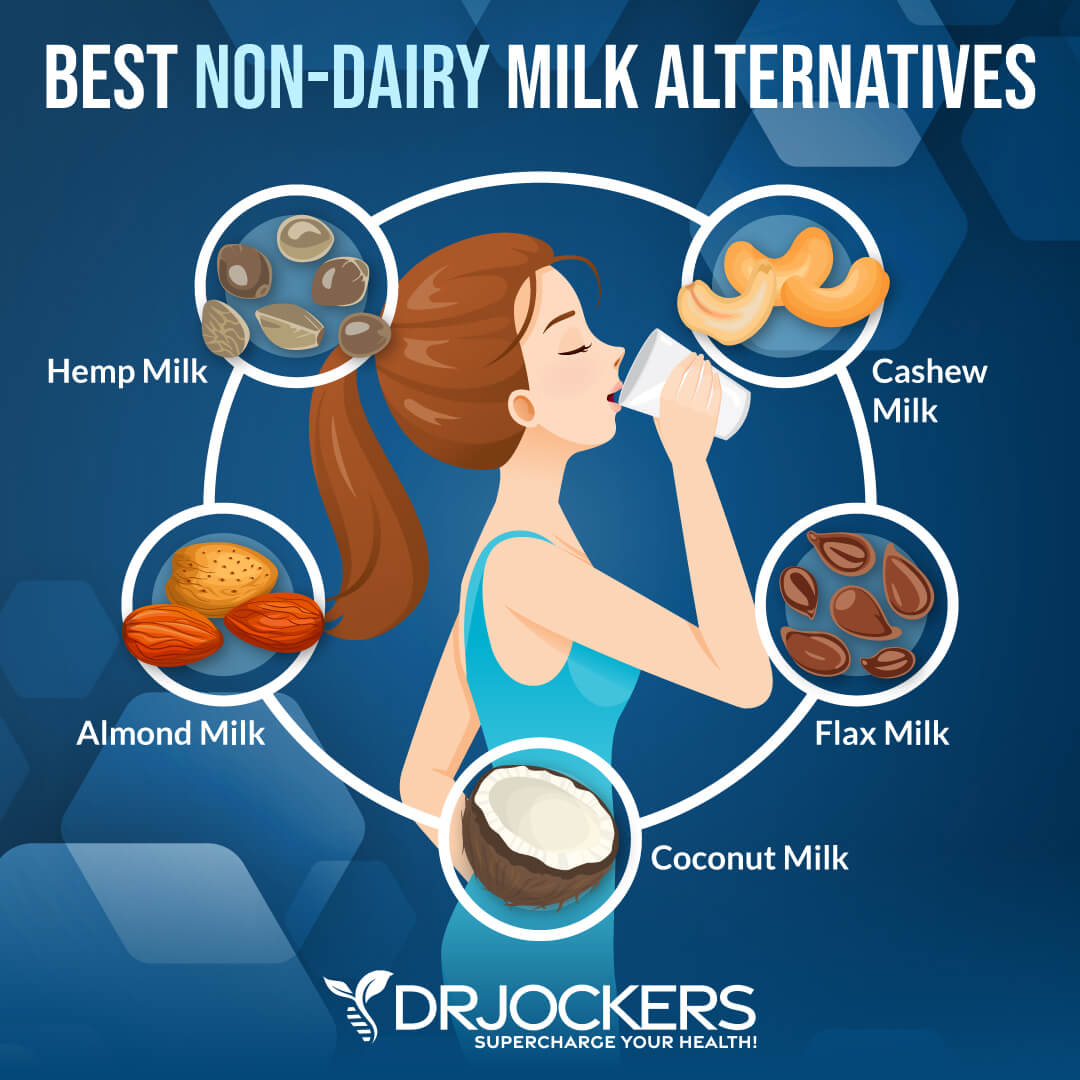
Add Healthy Fats
Protein shakes can be great even when made simple with some milk. However, you can make them even more satisfying by adding healthy fats. Grass-fed whole milk and coconut milk can already add lots of healthy fats.
However, you may add some avocados or MCT oil for even more healthy fats. This can create a pudding-like texture and make your protein shake into a meal.
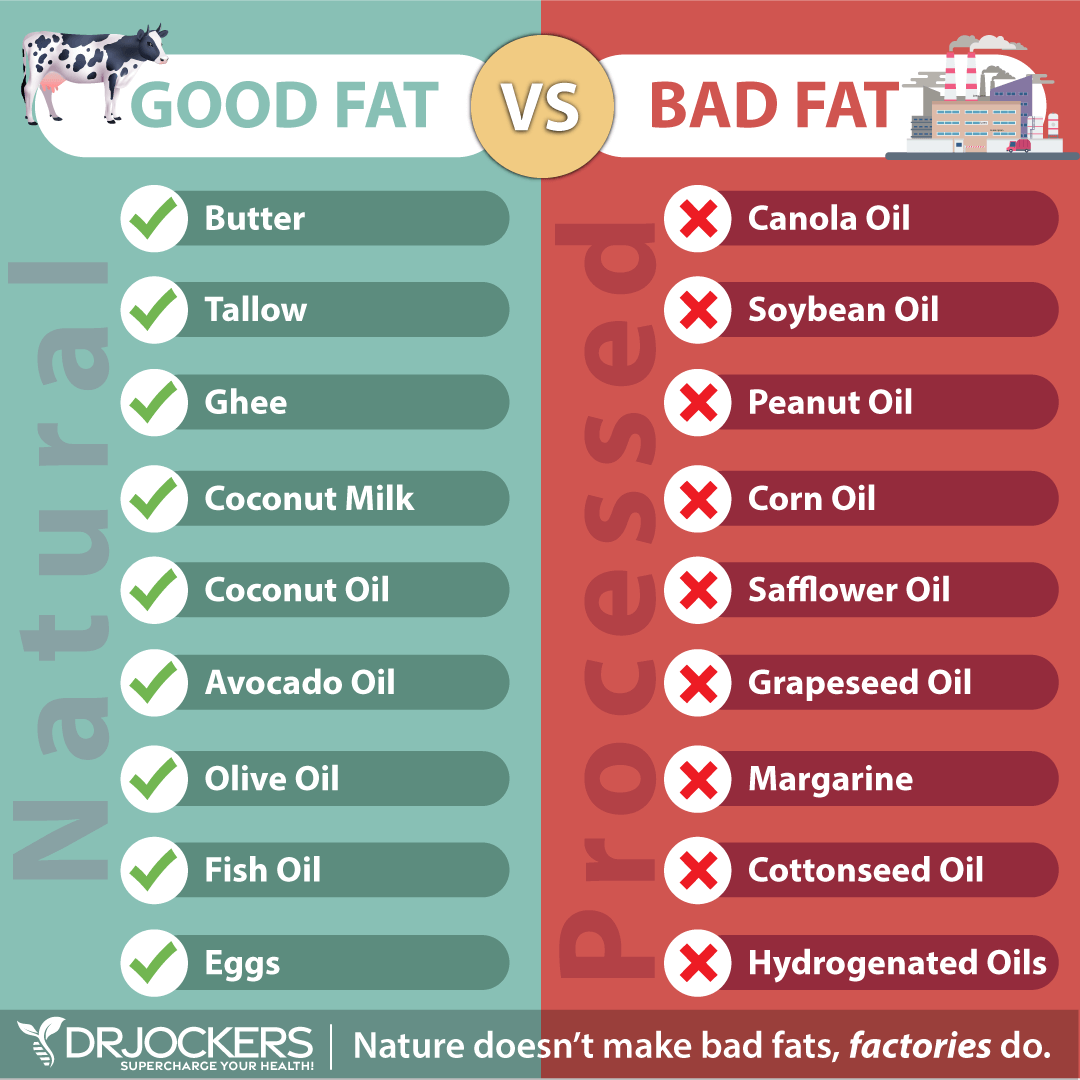
Sweeten Naturally with Fruit
If you are looking for more flavor or sweetness, fruits are a great option. Frozen berries can add lots of antioxidants, vitamins, and minerals, and a summery, sweet, or sweet-tart flavor. Protein shakes with berries are quite refreshing.
Bananas are loaded with potassium, which is great after a workout. Mangos are another good option for a creamy and sweet protein shake. Experiment with different combinations to find your favorite blend that satisfies that’s high in nutrients but also satisfies your taste buds.
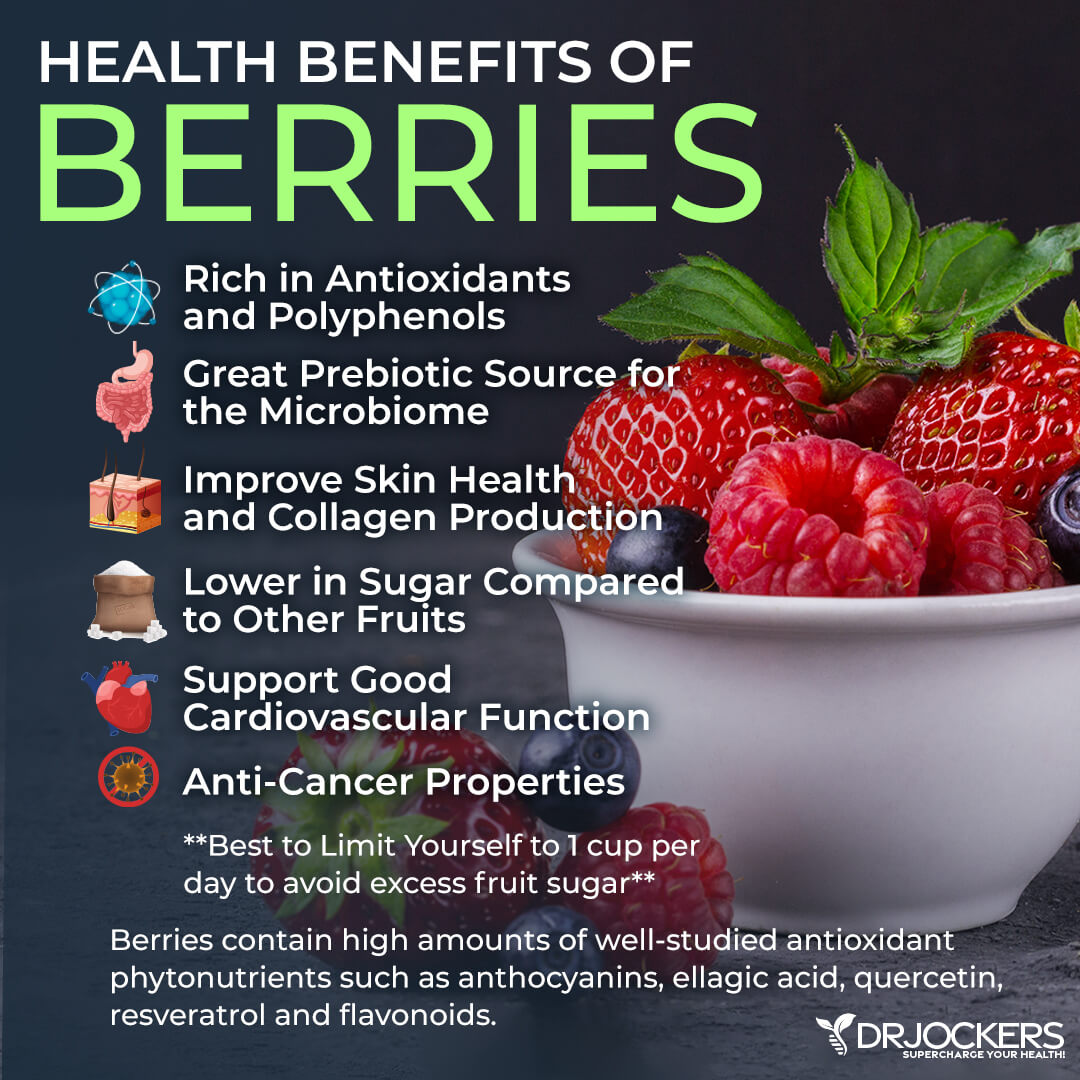
My Favorite Products
So, what protein powders do I personally use and recommend? Here I want to share some of my favorite products.
Of course, you don’t have to use every single one of these protein powders every single day. Choose the one or ones that fit your needs the best. Mix it up and use different ones throughout the week according to your personal goals and needs.
Whey Protein
If you are looking for a whey protein powder, I recommend Paleovalley’s Grass-fed whey protein as a protein powder. This is a great-tasting, high protein, low carbohydrate, functional food powder. It is made with an exceptional quality whey protein made from grass-fed cows and is loaded with immune supporting colostrum which is called “liquid gold” as it has powerful immunoglobulins that support gut health and the immune system.
The milking cows are never fed grain and are not subjected to hormone or antibiotic treatments and unlike other instantized whey formulations. This whey protein is non-denatured which preserves the natural enzymes, and it is gluten-free, grain-free, soy-free and non-GMO.
Bone Broth Protein
If you are looking for a bone broth protein powder, I recommend my Bone Broth Power Protein, which is beef-based.
Bone Broth Power Protein contains 21g of the concentrated protein isolate HydroBeef™. A proprietary process allows for the peptides in this protein to become easily assimilated and absorbed. This is a true source of Paleo protein that tastes great and is sweetened with organic stevia leaf extract.
It is derived from beef from animals pastured and raised in Sweden without hormones or antibiotics. It is a powerful source of critical nutrients, including collagen-specific amino acids, minerals, and fat-soluble vitamins A, D, and natural forms of B vitamins.
As a dietary supplement, mix 27 grams (approx. one scoop) in eight ounces of water or any other beverage per day, or as directed by your health care practitioner. Use a blender or shaker bottle, and shake or mix well. For best blending results, the liquid should be at room temperature.
Collagen Peptides
If you are looking to use collagen peptides, I recommend Ancient Nutrition Multi Collagen Protein. This protein powder is made from four real food ingredients— hydrolyzed bovine hide collagen peptides, eggshell membrane collagen, hydrolyzed fish collagen peptides, and chicken bone broth protein concentrate. Together, they offer five types of collagen: Types I, II, III, V, and X.
Collagen peptides are a great functional food that is easy to digest and absorb, and support our joints, hair, nails, and intestinal lining. These peptides can reduce inflammation and are a missing element in most Western diets. Use 1 scoop or 2 scoops in water or a protein shake daily.
Gut-Liver Cleanse Protein Powder
If you are looking for gut health issues or looking to improve your gut health, I recommend my Gut-Liver Cleanse Protein Powder. This protein powder supplement supports GI function and balanced detoxification.
Gut- Liver Cleanse Protein is sweetened with a natural, high-potency sweetener extracted from monk fruit. This generally recognized as safe (GRAS) monk-fruit extract offers a high-quality sweetness and flavor without the bitter aftertaste associated with some natural sweeteners.
Activated cofactors support mitochondrial energy production needed for biotransformation and detoxification. This formula’s ingredients help moderate phase I detoxification, upregulate and support phase II pathways, and provide antioxidant support as well.
It is a comprehensive, monk fruit-extract-sweetened, low-allergy–-potential dietary supplement designed to support gastrointestinal (GI) function and balanced detoxification. It contains 26 grams of high-quality vegan-based protein without any sugar or stevia.
It features VegaPro™, a proprietary amino acid and pea/rice protein blend; Aminogen®, to facilitate protein absorption; phytonutrients; mineral amino acid chelates; and activated B vitamins, including Quatrefolic® and methylcobalamin. In conjunction with a modified elimination diet, Gut-Liver Cleanse Protein addresses GI and hepatic function as well as eicosanoid balance and cytokine metabolism to reduce whole-body inflammation levels. I recommend 2 scoops in water or protein shakes daily.
Plant Protein
Finally, if you are looking for a plant-based protein powder for any reason, I recommend Ancient Nutrition Plant Protein. This protein powder supplement promotes healthy digestive function and helps maintain a healthy gut microflora.
This protein powder is made with organic pea protein powder, organic pumpkin seed protein powder, organic flax seed powder, organic hemp seed powder, organic sunflower seed powder, organic cordyceps mycelium, organic reishi mycelium, organic fermented eleuthero Siberian ginseng root, organic fermented Rhodiola root, and organic fermented astragalus root.
This supplement also supports goals to be carbon negative, support regenerative farming, reduce plastic waste, collect and bank heirlooms, and native and exotic seeds, and support non-profit organizations. I recommend using 1 scoop or 2 scoops in water or a protein shake daily.

Bonus Product: Amino Strong
Finally, for complete amino acid support, I recommend Amino Strong. represents a breakthrough in the use of amino acids for muscle protein synthesis. Over 20 human trials have been conducted to arrive at this specific, patent-pending combination of amino acids in the most effective, anabolic ratios.
Whether you want to support muscle strength and function or prevent muscle loss associated with inactivity or aging, Amino Strong provides the right amino acids in the right ratios to help you meet your goals and stay healthy. Try 1 scoop or 2 scoops in water or a protein shake.
Final Thoughts
Protein is important for muscle health and muscle recovery, fat burning, improving lean body tissue, stabilizing blood sugar levels, reducing cravings, supporting satiety, and many other areas of your health.
You can meet your protein needs by eating enough high-quality meat, poultry, fish, seafood, eggs, dairy, nuts, and seeds However, adding protein powders to your diet can help you to meet your protein needs. I recommend following my tips on using protein powder and trying my protein powder recommendations.
If you want to work with a functional health coach, I recommend this article with tips on how to find a great coach. On our website, we offer long-distance functional health coaching programs. For further support with your health goals, just reach out and our fantastic coaches are here to support your journey.
Inflammation Crushing Ebundle
The Inflammation Crushing Ebundle is designed to help you improve your brain, liver, immune system and discover the healing strategies, foods and recipes to burn fat, reduce inflammation and Thrive in Life!
As a doctor of natural medicine, I have spent the past 20 years studying the best healing strategies and worked with hundreds of coaching clients, helping them overcome chronic health conditions and optimize their overall health.
In our Inflammation Crushing Ebundle, I have put together my very best strategies to reduce inflammation and optimize your healing potential. Take a look at what you will get inside these valuable guides below!
